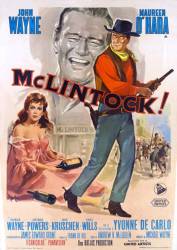
Question: After Wayne represents the Chiefs at their trial, his last words to them were in their language, and they responded in kind. What was said in their language, and the translation?
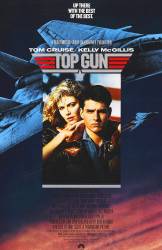
Question: This is probably a stupid question, but I know nothing at all about how these kind of aircrafts are flown. What exactly is the purpose of the guy sitting in the back of the plane? All they seem to do in the film is look in all directions for enemy aircrafts.
Answer: These aircraft are extremely complex; the presence of the backseater, variously known officially as the Weapon Systems Operator or Radar Intercept Officer, allows the pilot to focus on the immediate needs of flying the plane, as his backseater can take on many of the other tasks required. They serve as navigators, tacticians, bombardiers, weapons systems operators and, of course, as we see in the film, an extra set of eyes; they use their discretion in passing information to the pilot, ensuring that the pilot has only data that's important to the situation and isn't swamped by trivia. Without the distraction of having to fly the plane, they can often be better placed to coordinate between multiple planes, leading to situations where the backseater can be placed in command of the mission.
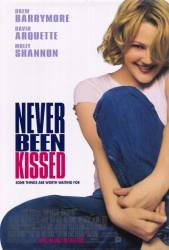
Question: Was Guy in on the cruel revenge prank to put dog food on Aldys, or did he just want to dance with her, and didn't know anything about it?
Answer: Over the course of the evening, Guy learns that being popular isn't the most important thing in the world and wanted to make peace with Aldys. I think he was genuinely being a nice guy and wasn't in on the prank.
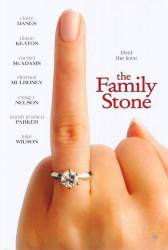
Question: Has anyone else noticed that Everett and Julie are not seen with the rest of the cast in the last scene? They just dash by in the hall. Is it possible the ending was reshot any they were added in post?
Answer: Well, Everett ends up chasing after Julie, telling her she should stay for New Year's so the family doesn't notice.
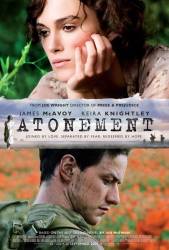
Question: Robbie's soldier friend (I think his name was Nettle) was so calm and compassionate with him. He said that the hiding place was in reality the beach cottage and he protects Robbie from the angry soldiers. Did he do that because he saw how sick he is and probably knew, deep inside, that Robbie will not survive the night until the evacuation, and wanted to give him a peaceful end? Why does he take Robbie's letters and pictures with him?
Answer: I think he realizes that Robbie most likely won't make it. He takes the letters so that he can get them back to his loved ones. He probably knows that there is a last goodbye to someone (his girl/his mother) in them. And, if nothing else, even if his body doesn't make it back to them, they have a piece of him to cherish.
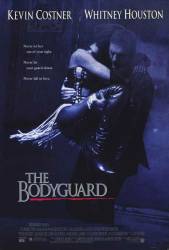
Question: Please can someone explain the ending of this film to me? Do Frank and Rachel end up together or not?
Answer: The fact that Frank hires an older gray haired bodyguard for Rachel after he quit tells me that he didn't want her getting involved with another man, because his intention was that he would be involved with her.
Chosen answer: I saw an interview with Whitney Houston after the movie came out and she said it was left up to the individual person watching the movie as to whether or not Frank and Rachel ended up together.
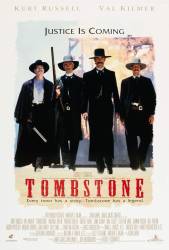
Question: What did Doc mean when he said "It's not revenge he's after. It's the reckoning"?
Chosen answer: A reckoning is like a judgment day, exacting retribution for one's actions. Doc was very well educated and had a very large vocabulary. He was correctly pointing out the subtle difference between revenge (to make Wyatt feel better about losing Morgan and about Virgil's crippling injury) and the fact that Wyatt was bringing about a judgment day (or reckoning) for each of the men who hurt his family.
Answer: I've spent a lot of time thinking about this very question, and here's what I've come up with. I think there are at least two differences between revenge and a reckoning. First, I think it has to do with the scale of the response to an offending action. Revenge, in my mind, is an eye for an eye, i.e, "You killed my brother and wounded another, so I will inflict the same action on your family (or group, gang, whatever). " A reckoning is less a measured response to an offending action and more of a full-scale punishment, i.e, "You killed my brother and wounded another, so I will now slaughter your entire family-including those who were not directly responsible for the offending action." Second, I think there is also a difference in motivation. Revenge tends to be a very personal response to something, whereas a reckoning tends to be more of a response fueled by a need for justice. In Wyatt's case, it was both. He was enraged by what happened to his family, but was also a lawman.
Thank you for this response! I've only seen Tombstone a million times and asked the same question every time. It's hard to separate the difference between the two but I believe you nailed it. Well done.
I'm thinking the opposite in terms. Revenge is "Reflexive" and is generally any means necessary (out of an abundance of pain or rage) to hurt the other party. "Revenge is a dish best served cold." If one is exacting justice there's no need to be cold hearted. Therefore, Reckoning is (to me) a fair balancing of the "scales" hence "an eye for an eye." Not only consequences of actions as it were but a corrective action to an incorrect circumstance. Just my understanding.
The problem with that theory is there is no difference in the end because the end result was the same...the killing. True reckoning could have only been achieved though the apprehension and punishment by trial and jury, anything other than that is simply revenge.
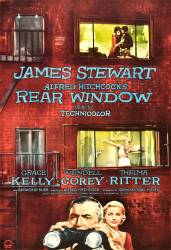
Question: What was in the hat box in the garden?
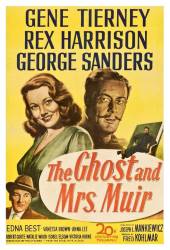
Question: On the beach, Mr Scroggins carves Anna's name - Anna Muir - on the end of the wrong end of a wooden "fence" (it faces inland; so how on earth could captains at sea see her name as they pass by?) and what is the purpose of the wooden "fence"?
Chosen answer: The scene takes place at a public beach where Anna and her mother go swimming and the fence may be connected to that. Anna is a small child and Mr. Scroggins carves her name where she can always easily see it, and it is far away from the water's edge. Of course, for the purpose of the movie, it was placed in such a way to be seen by the audience as a way to gauge the amount of time that is passing. It becomes worn and deteriorated over the years.
Answer: Whether or not the carving was placed inland as a convenience for the audience to see it, it is still a mistake with regard to the dialogue indicating that persons at sea being able to read Anna's name on the post. To avoid the mistake, the scene should begun showing Mr. Scroggins on the seaward side of the post carving and the for the camera to pan around to show that he is carving the name "Anna Muir." The sea could still be in the background and the dialogue would then make sense.
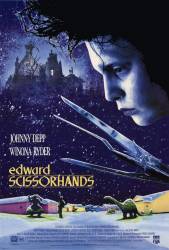
Question: How old is Edward?
Answer: It is never stated.
Answer: As the other response says, the number of years is never stated. Physically, I think he is supposed to look about twenty years old. Bill wants him to start a proper business. None of the adults seem to think that he should be in school.
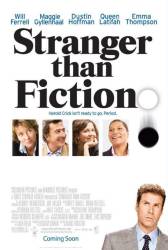
Question: We see Harold playing the guitar and singing in Anna's house. What is the name of the song which he is singing?
Chosen answer: It's called "Whole Wide World" by Wreckless Eric.
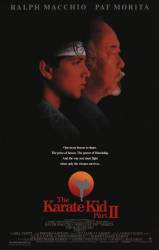
Question: When Chozen, while bullying Daniel, takes the latter's handheld drum (which Chozen mockingly called a "baby rattle") and calls the latter a baby, Kumiko, sticking up for Daniel, fiercely says a phrase in Japanese (or Ryukyuan) to Chozen. What exactly does Kumiko say, and what does it mean? (00:57:50)
Answer: "You are crazy."
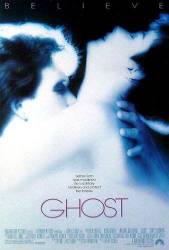
Question: Why was Carl laundering $4 million into the account? Was he in debt when he says to Willie "I'm dead if the account closes", which it does?
Answer: Carl is laundering money for drug dealers. If the account is closed and he can't get the money back then it would be lost. The drug dealers would then most assuredly murder him in retribution.
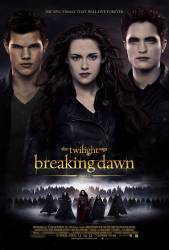
Question: Can vampires and werewolves be killed or injured by anything other than vampires and werewolves?
Answer: Aro also makes the argument that for the first time in our history humans pose a threat to our kind with their weapons that can destroy us. Theoretically any weapons that can tear apart and/or burn the vampires would work. So, yes, things other than vampires and werewolves can kill the vampires and werewolves.
Answer: Sure. The problem is that these films portray vampires and werewolves as having super-human abilities, so it'd be significantly harder for a regular person to kill one. But nothing about the films seems to indicate it's overtly impossible.
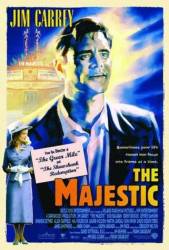
Question: Why didn't Peter retaliate against Bob for punching him and letting the town know what a jerk he is?
Answer: Two possible reasons. 1. Hitting him back and telling everybody about Bob being a complete jerk would make him no better then Bob. 2. Bob actually knew the real Luke and if Peter had hit him, Bob could retaliate by telling everybody the truth.
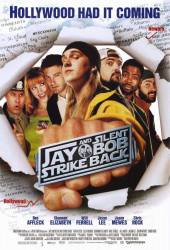
Question: Why was there a big emphasis when the girls came out of the van in the jumpsuits? Everyone in the theatre was cheering, but I didn't get it.
Answer: Four beautiful women wearing tight black leather outfits would make anybody cheer.
Answer: Because they are 4 really pretty girls in really tight clothing. Duh.
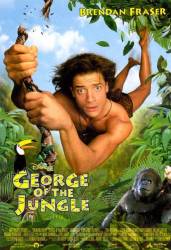
Question: In the scene where Lyle returns, he tells his missionaries to subdue George. I think one of them is a young Colin Farrell, but I didn't see his name in the credits. Did he have an uncredited role? Can someone help, as I don't have the DVD to check up on it?
Answer: There's certainly no listing for him on the IMDb, which is generally good with uncredited appearances. Farrell was still working in the UK and Ireland at the time of the film, which was entirely US shot, and didn't become involved in Hollywood productions until about the year 2000, three years after GOTJ came out, which would seem to make it extremely unlikely that he appeared in it.
Answer: So frustrating that only three of the mercenaries are credited when there are 5 of them! I agree that one looks exactly like Colin Farrell.
Answer: No Collin Farrell was not in the movie.
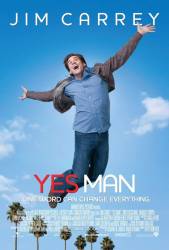
Question: At the end, the audience were all naked in the "Yes" seminar. Why did they attend it undressed?
Answer: They had donated all their clothes to the clothing drive for the homeless. After all, they couldn't say no.
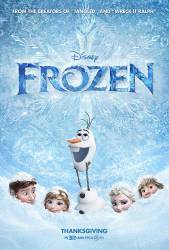
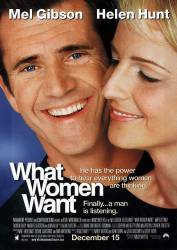
Answer: A ha alonney cha means live in harmony with the sun.